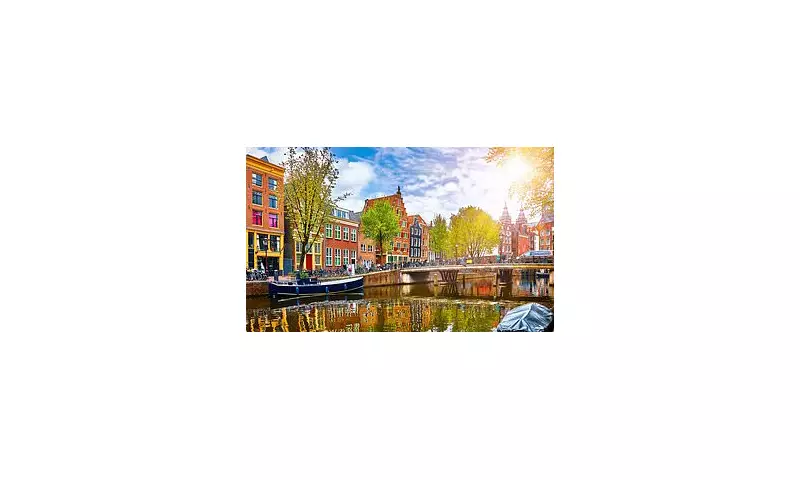
Amsterdam's picturesque canals and vibrant streets are hiding a dangerous new threat targeting unsuspecting tourists. Authorities are reporting a sophisticated extortion scam that's leaving visitors hundreds of euros poorer and their holiday memories tarnished.
The Cunning Distraction Technique
The scam begins innocently enough - often with a friendly local approaching tourists to ask for directions or offer assistance. While the victim is distracted, accomplices move in swiftly, either planting drugs on the person or secretly photographing them in compromising positions.
"The perpetrators work in teams and are incredibly smooth in their execution," explains a local police spokesperson. "Before the tourist realises what's happening, they're surrounded and being threatened with exposure to authorities unless they pay up."
How the Extortion Unfolds
Once the setup is complete, the mood turns from friendly to threatening. The scammers typically demand immediate cash payments, often ranging from €200 to €500, claiming they'll report the tourist to police for drug possession or other offences if they refuse.
Many victims, frightened and disoriented in an unfamiliar city, pay the money simply to make the situation disappear. The scammers specifically target those who appear vulnerable or unfamiliar with their surroundings.
High-Risk Areas to Watch
While the scam can occur anywhere in the city, police have identified particular hotspots where tourists should exercise extra caution:
- Central Station and surrounding areas
- Popular canal bridges during peak hours
- Coffee shop vicinities in the Red Light District
- Major museum queues and entrances
- Crowded tram stops and public transport hubs
Protecting Yourself in Amsterdam
Travel experts recommend several precautions for visitors to the Dutch capital:
- Maintain awareness: Be cautious of anyone approaching you unexpectedly, even if they seem friendly
- Secure your belongings: Keep wallets and phones in front pockets or secured bags
- Travel in groups: There's safety in numbers - solo travellers are particularly vulnerable
- Know emergency numbers: Save local police contacts (112) in your phone
- Trust your instincts: If a situation feels wrong, remove yourself immediately
Local authorities are increasing patrols in affected areas, but tourists remain the first line of defence against these sophisticated criminal operations. Remember: genuine locals rarely approach tourists randomly, and anyone demanding immediate cash should be treated with extreme suspicion.





